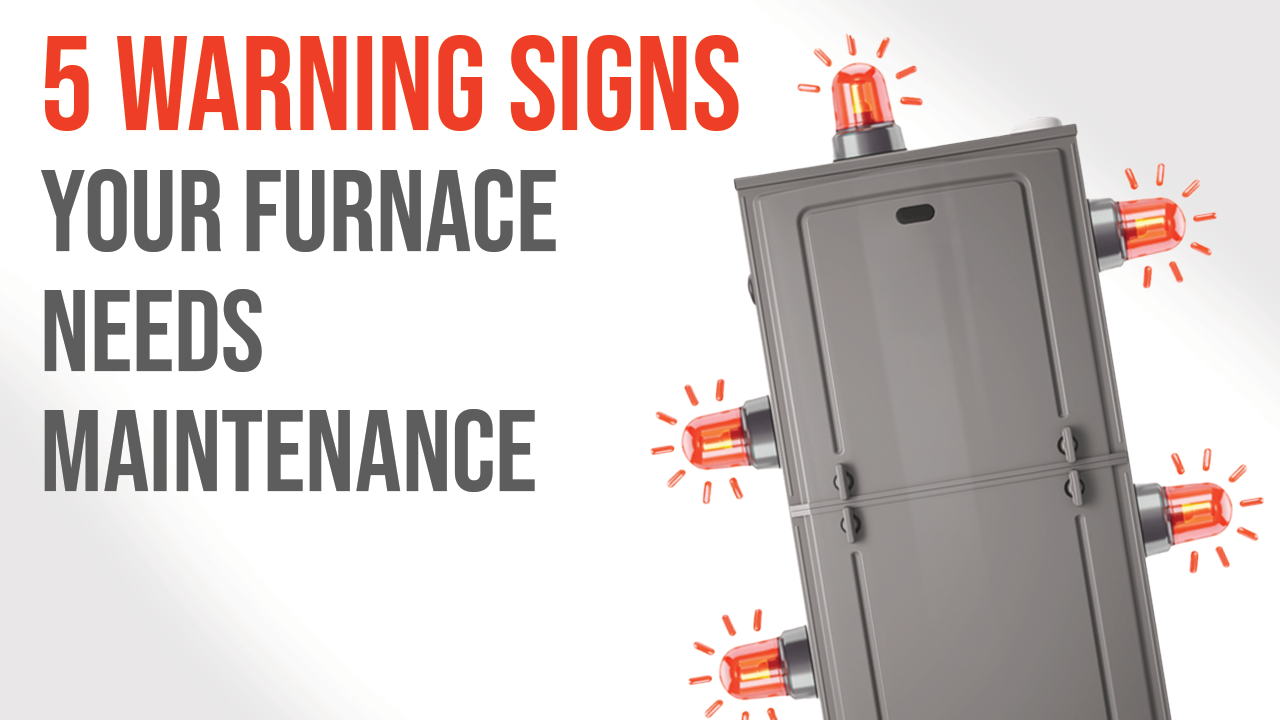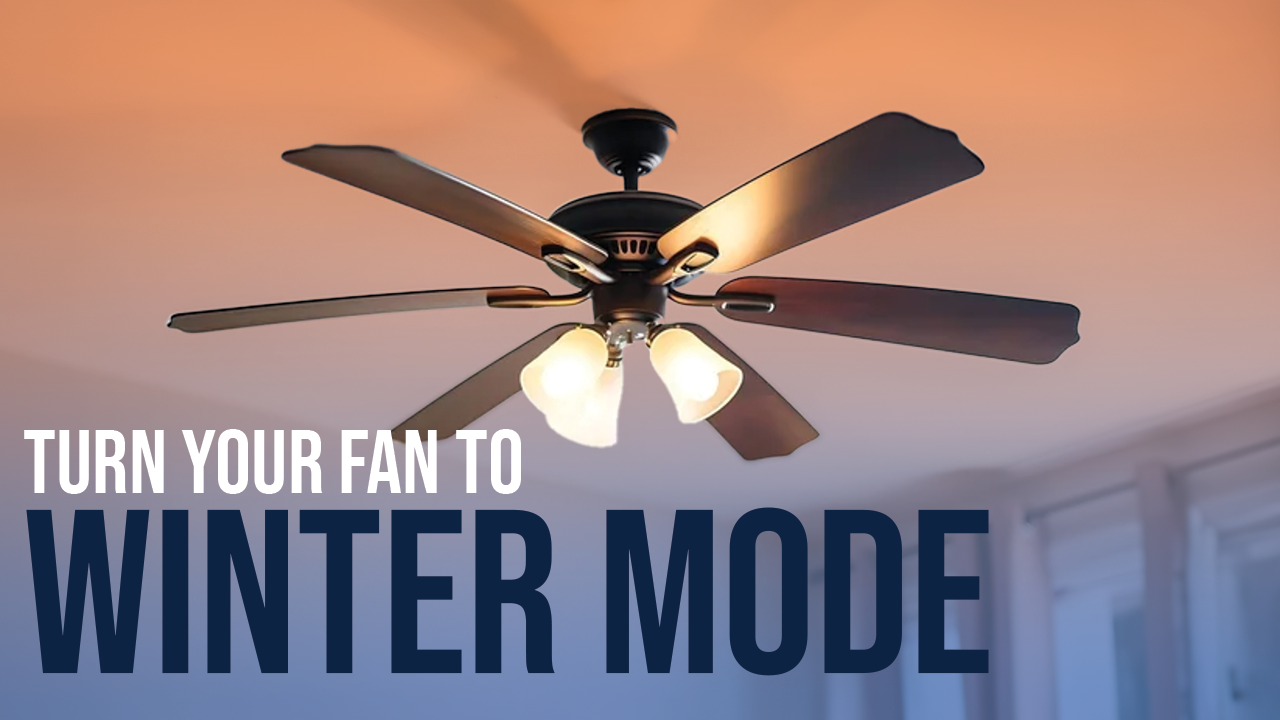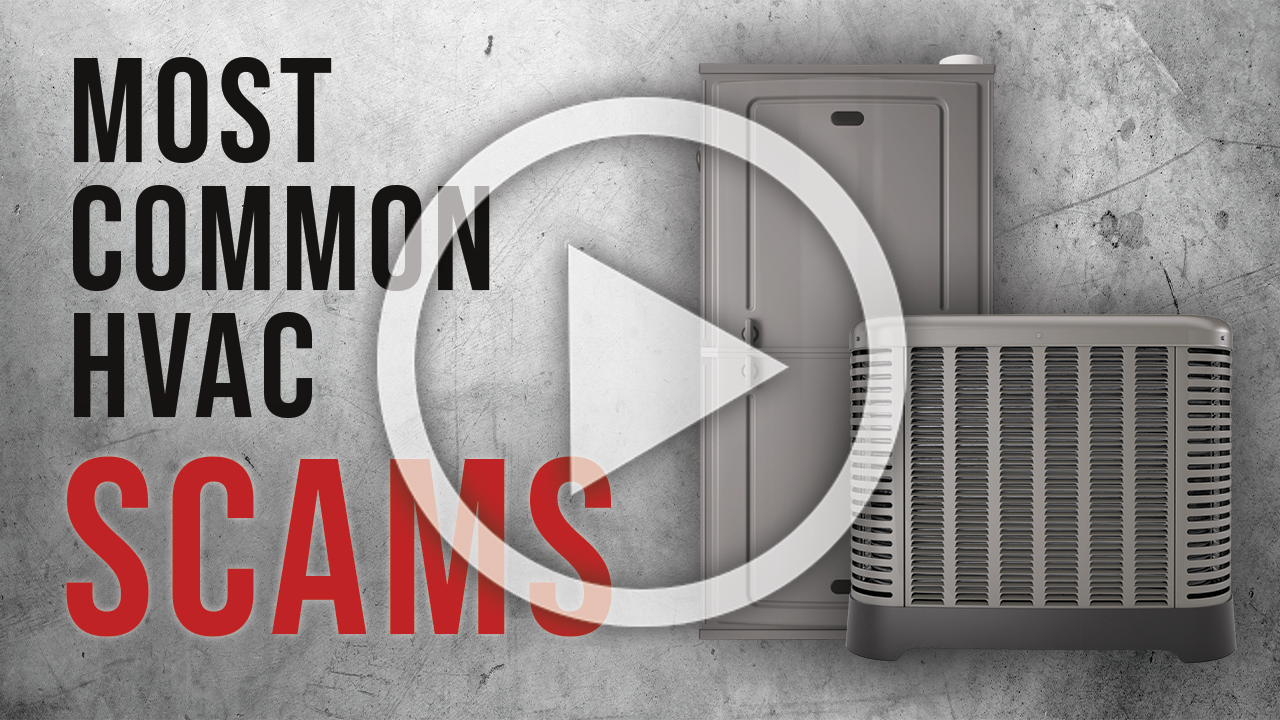Updated January 23, 2024
According to the Iowa Department of Homeland Security and Emergency Management, the state sees thousands of severe weather incidents each year, from tornadoes to flash floods. The most common occurrences throughout the year are severe thunderstorms consisting of hail, winds at 58 MPH intensity or more, and even tornados.
So, how can you protect your HVAC system and home from severe thunderstorms?
- Turn Off Your AC System
- Get Your Outdoor AC Unit Ready
- Install a Surge Protector
Wait to Turn Your AC System Back On
You can also read our expert tips for preventing water damage during flash floods and preparing for Iowa’s tornado season.
Want Peace of Mind That Your AC System is Ready for Thunderstorms?
Contact Golden Rule at 515-393-4526 or below! With convenient service times and more trucks on the roads than any other contractor, we’re proud to have the fastest response time in the Des Moines Metro area. Call us today, and we can help you prepare your outdoor AC unit or install a surge protector to keep your home’s HVAC system safe during a storm.
Turn Off Your AC System
Before a thunderstorm hits, shut off your AC system and then keep it turned off. This way, you prevent any power surges from overwhelming the system’s electrical parts. Lightning caused by a thunderstorm produces electrical surges, which can flow through your home’s wiring and into the AC system, frying its components.
Turn off your thermostat and cut power to your AC through the main circuit breaker, which should have a switch labeled as “AC” or “air conditioner.” If you don’t shut down the circuit breaker, the system is also at risk of burning out due to a power surge because it is hooked up to your home’s electrical wiring.
Get Your Outdoor AC Unit Ready
-
- You can check that your outdoor AC unit is ready to face severe weather with these 4 steps:
-
- Elevating it to a higher surface: Rain touching an AC system is usually not an issue. But when enough water collects to enter and sit in the unit, the liquid can damage the motor, capacitor, compressor, and other vital components. If you’re concerned about water potentially entering your air conditioner, contact a technician to see if they can elevate it onto a higher surface.
- Covering it with a screen: During regular operation, covering your outdoor AC unit is a significant detriment since it restricts airflow. However, this standard practice should change for thunderstorm preparation. Cover your outdoor unit with a PVC-coated polyester mesh screen to avoid high winds lodging debris into it that could damage fragile components.
- Bolting it down: These bolts should keep the unit stable with no rocking or parts rattling during a storm.
Trimming landscaping: Before storm season, trim back or remove any bushes, trees, or other greenery within two feet of the unit to avoid branches falling on the unit or debris flying into it.
-
Install a Surge Protector
As mentioned, power surges can damage AC units due to the excess voltage traveling through your home’s electrical wiring.
Installing a surge protector safeguards your air conditioner from indirect lightning strikes by monitoring electrical currents. When it senses unsafe voltage levels flowing through your home’s wiring into a particular appliance, it will absorb the extra voltage by sending it into the ground, away from your air conditioning system and home.
You might wonder about direct lightning strikes. A surge protector will not shield your home against a direct lightning strike, although those are incredibly rare. There is a 1 in 280,000 chance that your home will be in the path of a direct lightning strike.
Learn more in our article, “Benefits of a Whole-Home Surge Protector Installation in Iowa.”
Wait to Turn Your AC System Back On
Do not turn your AC system immediately back on after a thunderstorm. Wait at least thirty minutes before turning the system back on.
If you notice any of the following signs, turn your AC back off at the circuit breaker and thermostat:
-
-
- Standing water around the AC unit
- Debris covering the outdoor AC unit
- The AC system won’t run even when on
- There is warm air coming from the vents
- You hear weird noises coming from the outdoor AC unit
-
Then, contact a professional technician as soon as possible because these signs indicate deeper system problems.
Want to Prepare Your AC System for Thunderstorms? Contact Golden Rule!
Our mission at Golden Rule is to provide reliable and high-quality workmanship to every homeowner in the Des Moines Metro area. We’re open Monday to Friday from 7 am to 7 pm and on the weekends from 8 am to 4:30 pm. No matter when you call, we can help you prepare your AC system for thunderstorms and install a surge protector. Plus, we back up all our services with 1-year labor warranties and 100% satisfaction guarantees.
Call us at 515-393-4526 or click below to see why we enjoy thousands of verified 5-star reviews!
Contact Us Today for HVAC Service!
If you found this post helpful, check out some other budget-saving tips:


As the temperatures drop and winter approaches, ensuring your furnace is in top shape becomes a priority for homeowners. A well-functioning furnace keeps your home warm, your... Read More

As winter rolls in, many of us instinctively reach for the thermostat to stay warm. But did you know your ceiling fan can be an ally in... Read More

Watch Out! Don’t Fall for These HVAC Scams Hey there, homeowners! Are you worried about keeping your home comfy and cozy without getting duped by shady... Read More